Drill bits are basic tools used by carpenters, roof fitters, mechanics and builders alike, and are used for drilling holes in various materials. Read on and find out about the different types of drills and their usage, and also with which equipment you can use them most effectively.
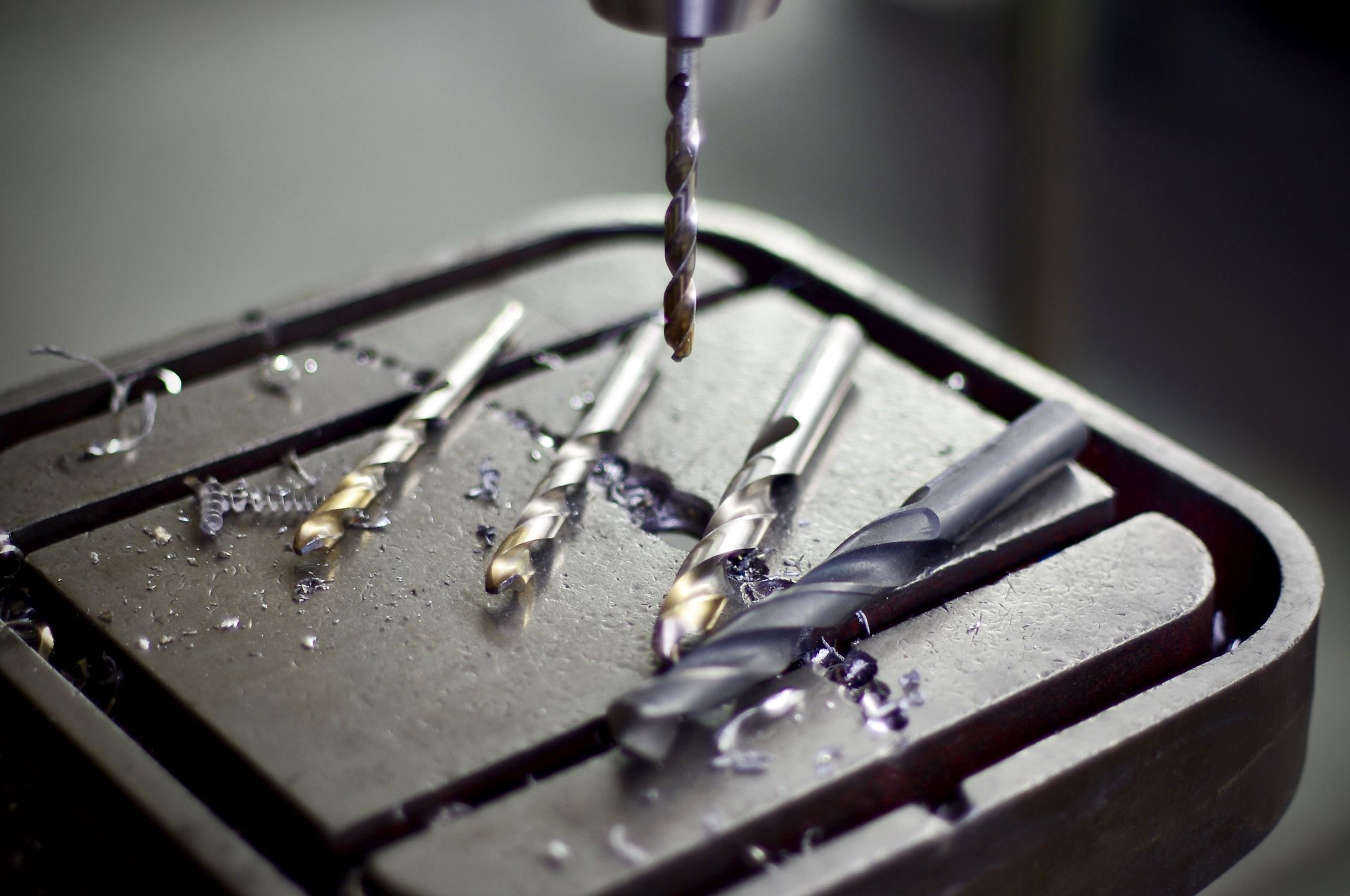
Drill bits are basic tools used by carpenters, roof fitters, mechanics and builders alike, and are used for drilling holes in various materials. Read on and find out about the different types of drills and their usage, and also with which equipment you can use them most effectively.
Types of drill bits
The following drill bits can be distinguished:
- with steel tips for drilling in metal,
- for drilling in wood,
- for drilling in concrete, with a carbide tip,
- universal drill bits for metal or concrete, with a carbide tip,
- for drilling in sheet metal,
- universal (for drilling in metal, wood, plastic).
The division is based not only on the intended usage, but also their construction. Another way to distinguish them is the following classification of drill bits as:
- twist drills,
- masonry bits,
- wood bits.
Anyone who looks doing DIY will certainly have come across these types of drill bits. They are also used by professionals who drill in concrete, metal or wood on a daily basis. In the following sections of this article we will take a closer look at drill bits for these three materials.
Drill bits for concrete
Choosing the right type of drill bit for the chosen material is crucial. Concrete is a perfect example, as it is very hard and requires using extremely tough drill bits. Drill bits for wood will easily be destroyed in this case, which is why drill bits for concrete are usually made of a mixture of tungsten carbide, titanium or cobalt.
Such drilling should be done using a hammer drill or a diamond drill. They are used in the construction of buildings, bridges, viaducts, reinforced concrete structures, as well as drilling with various types of installations: plumbing, heating, electricity, gas and air conditioning.
Drill bits for metal
Metal also has specific requirements when it comes to drilling. It is a flexible and ductile material, which makes it well suited for various types of machining. Magnetic drills are best suited to drilling in metal. Strong electromagnets (e.g. with a 13800N pull) and powerful motors make such equipment very durable and reliable, ideal for precise drilling. They can even be used for drilling vertically. They are used on construction sites and in workshops, as well as for assembly and construction works with metal surfaces.
Are you wondering what type of drill bits you will need for magnetic drills? They also have to meet strict requirements: be hard and resistant to wear. This is what distinguishes core drill bits, which are made of HSS high-speed steel, ensuring a long service life and high level of work efficiency. The cut is stronger and faster.
Twist drills are also suitable for metal. Above all they should be resistant to breakage and made of high-quality steel, e.g. HSS. They are considered very universal equipment, suitable for working with various steel structures, making them essential tools in many industries. If you plan on setting up your own business and you are wondering, for example, how to open a car repair shop, take into account the purchase of several types of HSS drill bits when planning your expenses.
Drill bits for wood
Wood, like metal, is often subject to mechanical processing. As a building material, it is classified by the following parameters: strength, hardness and abrasion. The types of wood most commonly used in construction are fir, larch, pine and spruce. Compared to wood from deciduous trees, they are soft and easy to work with.
It is therefore good to know about the different types of drill bits for wood. Each carpentry job will require the use of different tools due to the diameter, depth and purpose of the hole you are drilling. Let’s have a closer look at the division presented in the first part of this article, focusing on equipment for drilling in wood. The most popular types are:
- twist drills with a centering spike – good for making small and medium-sized holes, with a diameter of 3 to 16 mm;
- flat tip drill bits – for drilling large holes, with a diameter of even 45 mm, but with low precision;
- auger drill bits – for drilling deep holes with a diameter of max. 40 mm, e.g. in beams;
- cylindrical drill bits – used primarily for making shallow holes with a flat bottom, e.g. recesses for concealed hinges;
- double-edged step drill bits – similar to the cylindrical ones (used for shallow holes), additionally equipped with cutting tips;
- steel holesaws – for drilling holes with large diameters, up to 210 mm, not only in wood, but also in wood-like materials and plastic.
The types of drill bits presented above are used for various types of work with wood, e.g. ceilings, furniture, fixing window sills or installing hinges. They are also used for erecting entire structures, such as a garden gazebo.
Uses of different drill bits
As you already know, each type of material requires different drill bits due to its properties. When working on a specific type of material, you will need to choose a drill bit with the appropriate parameters:
- length – depending on the depth of the holes;
- width – depending on the diameter of the holes;
- the drill chuck – depending on the type of tool you are using for drilling.
After choosing a drill bit based on the three conditions mentioned above, you can go ahead and start precise, safe and efficient drilling.
Tools and parts used with drill bits
The above-mentioned drill chuck is an integral part of the drill to which the drill bit is attached. Without checking, you may find that your drill bits are not compatible with the drill you intend to use. To avoid such situations, it is best to get to know the different types of drill chucks. SDS became the standard chuck after replacing the keyed chuck. It is divided into several types:
- SDS-plus with a chuck diameter of 10 mm – the most common type;
- SDS-top with a chuck diameter of 14 mm;
- SDS-max with a chuck diameter of 18 mm;
- SDS-quick with a chuck diameter of approx. 6.5 mm – the rarest type.
Not only drills are equipped with the SDS system, but also other power tools for use with drill bits, including drill drivers and hammer drills. Extensions can also be used with SDS if necessary.
Types of drill bits and their use – summary
The choice of drill bit depends on your specific needs. Both brick and mortar and online shops offer various types of drill bits, which does not mean that the most expensive ones are the most durable. First of all, you should choose the appropriate drill bit according to the material being processed. A different drill bit will be suitable for wood than for concrete or metal. If you already know, e.g. what type of garage door will be best for your garage, you can start choosing the right tools. In this case, drill bits for concrete will be good, among others for mounting angle brackets.
Secondly, it is worth checking what power tools you have available. Not every drill bit will fit the chucks in the tools you have. If you already know your needs and the requirements of your tools, you can then choose the necessary accessories.
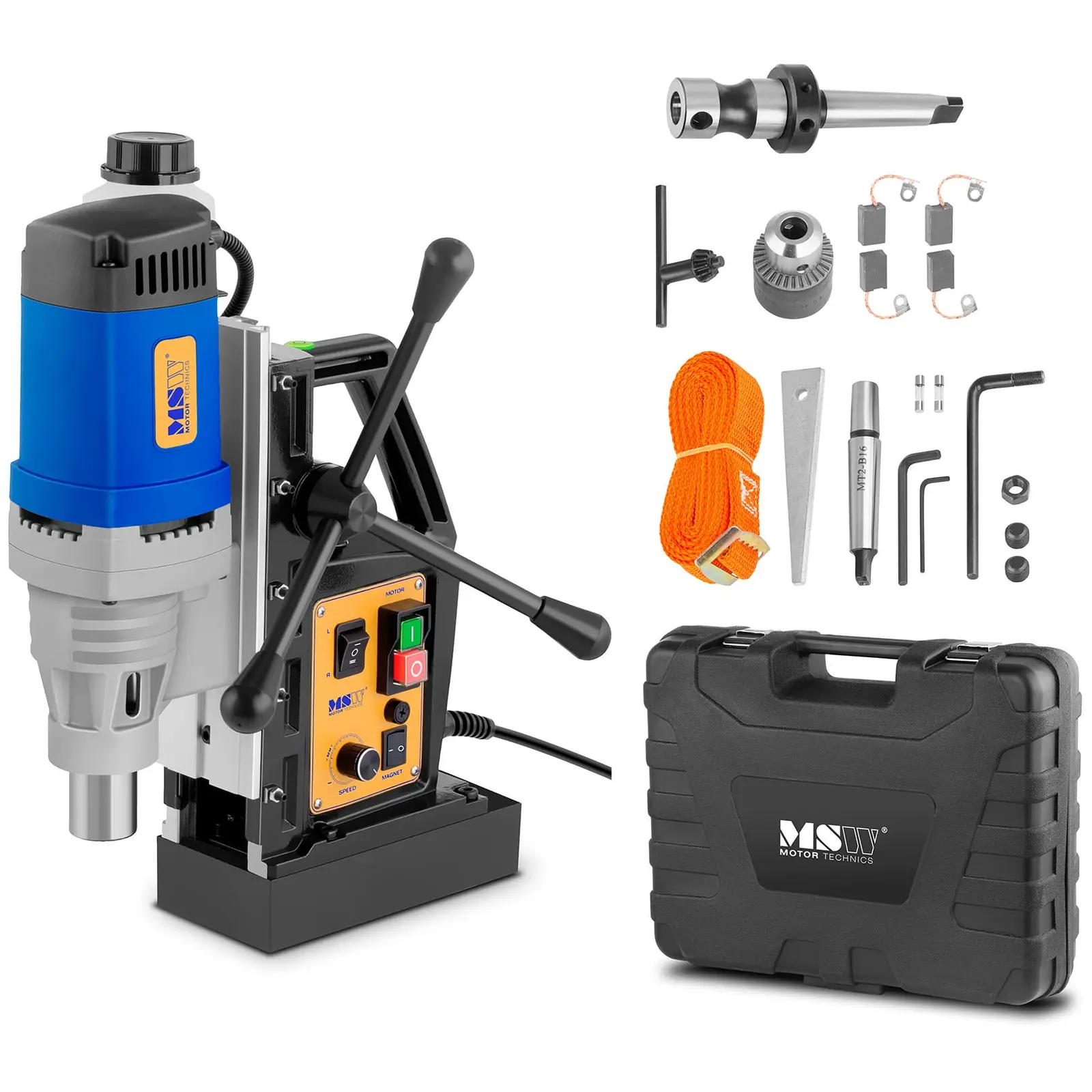
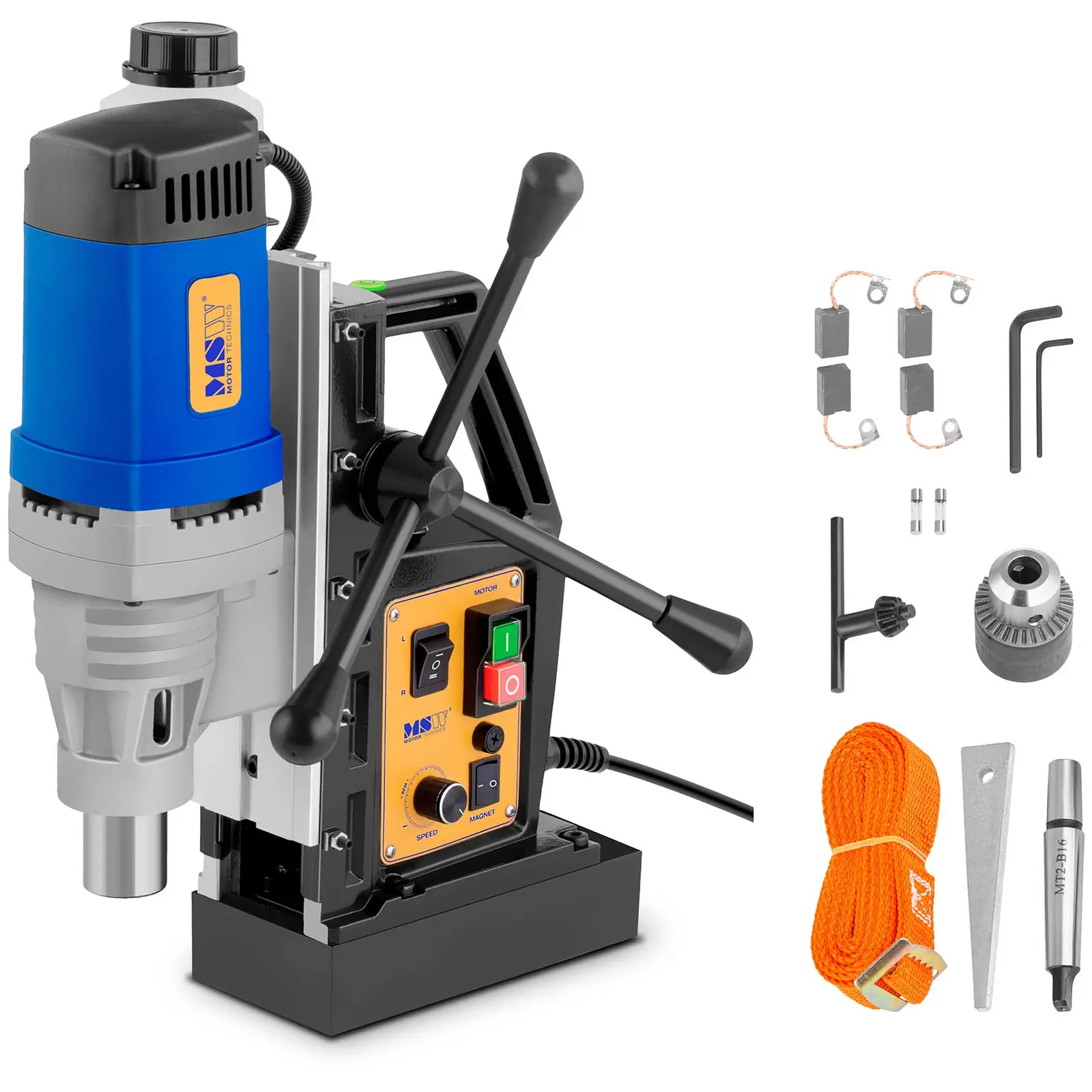
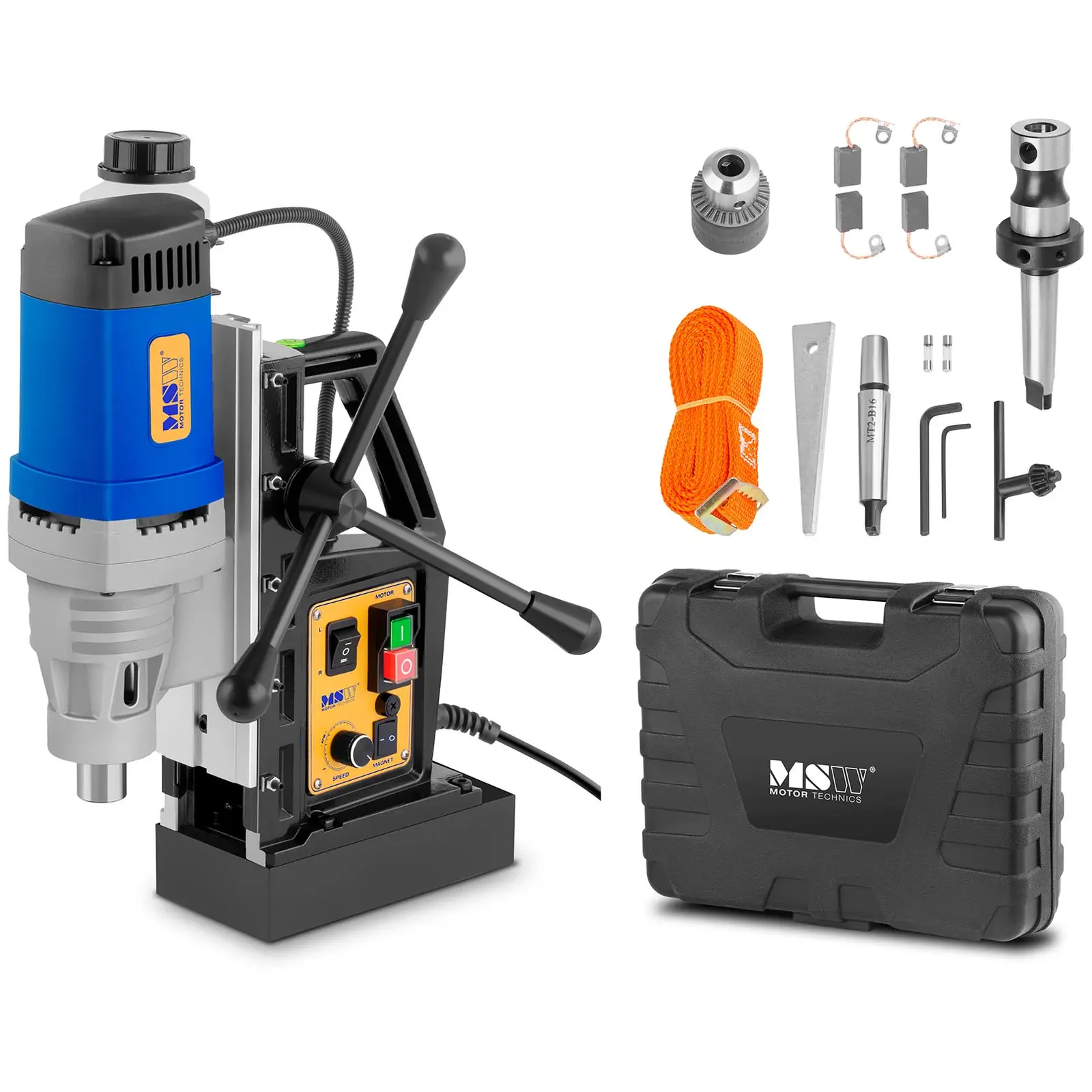
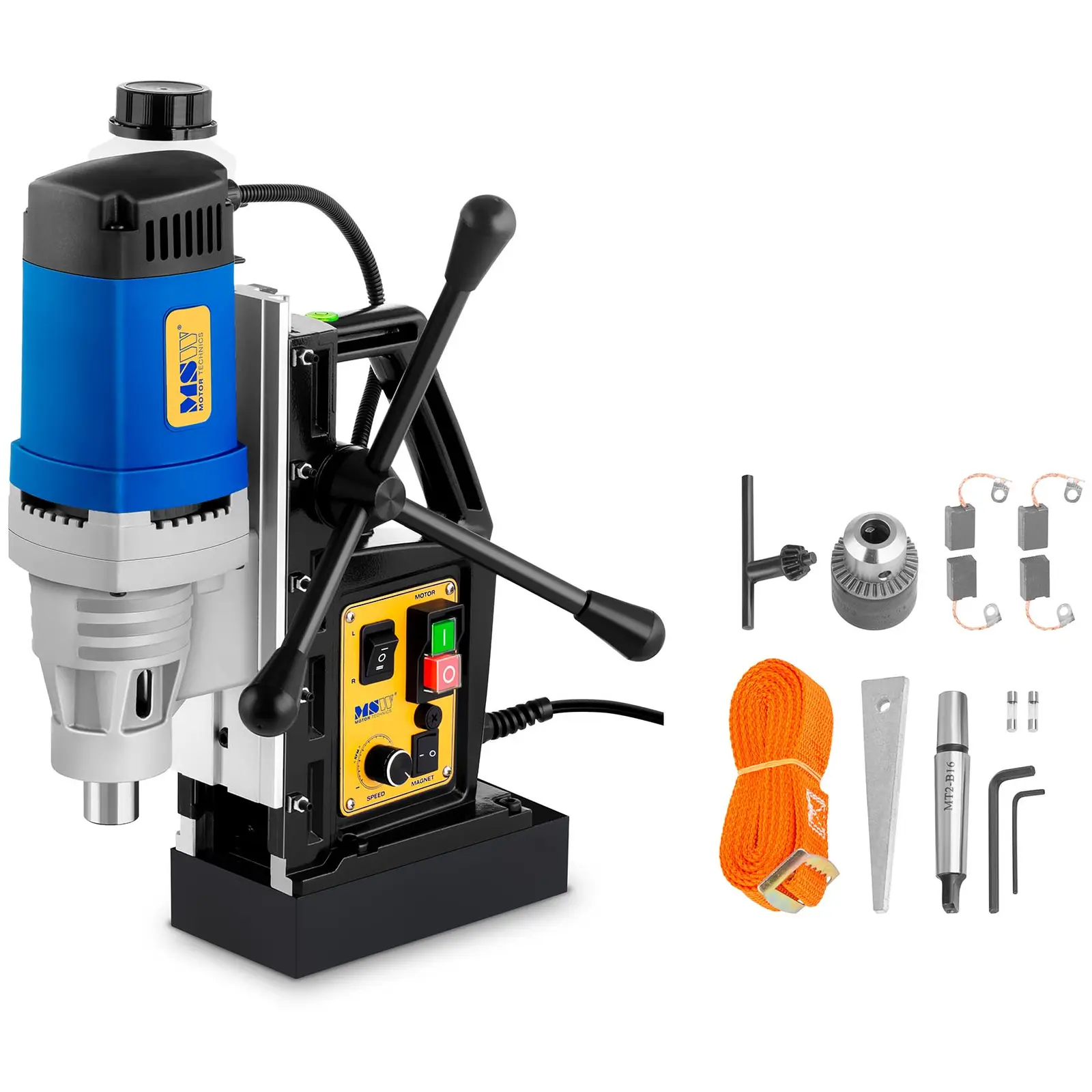






Share